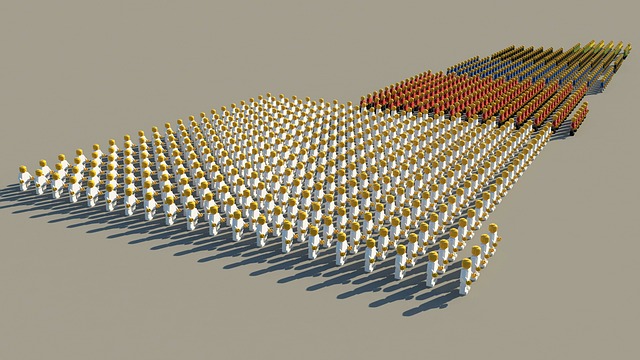Exploring the Relationship Between Community Sports Leagues and Social Policy
Participating in community sports leagues can bring people from diverse backgrounds together, fostering a sense of unity and belonging that transcends social barriers. When individuals come together through sports, they have the opportunity to build relationships, develop mutual respect, and break down stereotypes that may exist in their communities. This shared experience of playing sports creates a common ground for people to connect and form friendships, regardless of their differences.
Moreover, community sports leagues provide a platform for individuals to develop their social skills, learn teamwork, and cultivate a sense of camaraderie. Through engaging in organized sports activities, participants have the chance to enhance their communication abilities, practice conflict resolution, and build trust among teammates. These valuable interpersonal skills acquired on the field can be transferred to other areas of life, promoting social inclusion and cohesion within the community.
The Impact of Community Sports Leagues on Youth Development
Community sports leagues play a crucial role in the development of youth by fostering important life skills and values. Through participation in sports, young individuals learn the importance of teamwork, discipline, and perseverance. These leagues provide a platform for youth to build self-confidence, leadership qualities, and resilience, which are essential for success in both sports and life.
Furthermore, community sports leagues offer a positive and structured environment for youth to engage in healthy activities and develop a sense of belonging. By participating in organized sports, young people develop social skills, learn how to communicate effectively, and build meaningful relationships with their peers and mentors. The sense of camaraderie and inclusivity within these leagues helps foster a sense of community and unity among youth from diverse backgrounds.
– Participation in sports teaches teamwork, discipline, and perseverance
– Builds self-confidence, leadership qualities, and resilience
– Provides a positive and structured environment for healthy activities
– Develops social skills and effective communication
– Fosters camaraderie and inclusivity among youth
Addressing Health Disparities Through Community Sports Leagues
Participation in community sports leagues has been identified as a powerful avenue to address health disparities in various populations. These leagues offer structured opportunities for individuals to engage in physical activity, promoting overall well-being and reducing the risk of chronic diseases such as obesity and cardiovascular conditions. By providing access to sports activities in a supportive and inclusive environment, community leagues play a crucial role in improving the health outcomes of participants, particularly those from underserved communities.
Moreover, community sports leagues not only focus on physical health but also contribute to mental well-being. Engaging in team sports fosters a sense of belonging, camaraderie, and social connection among participants. This supportive network promotes positive mental health outcomes, including reduced levels of stress and anxiety. By addressing both physical and mental health needs, community sports leagues serve as a comprehensive tool in tackling health disparities and promoting holistic well-being in diverse populations.
How can community sports leagues help address health disparities?
Community sports leagues provide opportunities for physical activity, which can help improve overall health and wellness in underserved populations.
What role do community sports leagues play in promoting social inclusion?
Community sports leagues bring people together from diverse backgrounds, fostering a sense of belonging and unity among participants.
How do community sports leagues impact youth development?
Community sports leagues can help young people build important life skills such as teamwork, leadership, and confidence, which can contribute to their overall development.
Are community sports leagues accessible to all members of the community?
Many community sports leagues offer scholarships or reduced fees to ensure that all individuals, regardless of socioeconomic status, have the opportunity to participate.
How can individuals get involved in community sports leagues?
Individuals can reach out to local community centers, schools, or recreational organizations to inquire about upcoming sports leagues and how to get involved as a player, coach, or volunteer.







